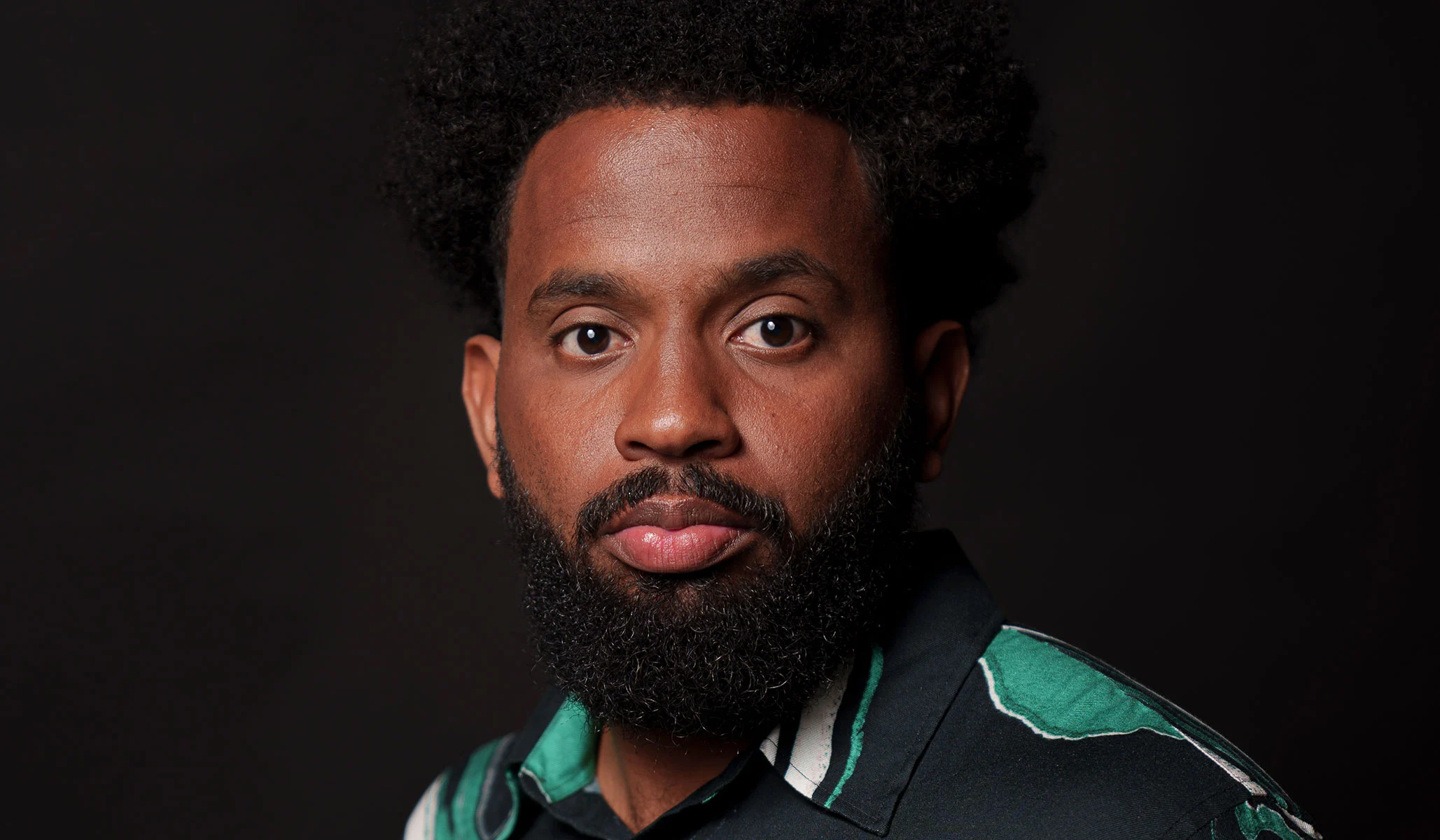Abraham Jiménez Enoa faced a difficult decision in late 2021: go to prison or go into exile. He chose the latter, but as a Cuban passport holder, his options were limited. Nicaragua, Russia, and a few other countries were his only choices. Fortunately, Jiménez Enoa’s girlfriend found a job in Spain, and he was able to join her there. The two landed safely, marking the best-case scenario in a harrowing situation.
Jiménez Enoa is a journalist and writer, known for his book, La isla oculta (“The Hidden Island”). He is an unlikely rebel against the Castro dictatorship, having been born in 1988 to a family that was strongly pro-regime. His grandfather was a bodyguard to both Fidel Castro and Che Guevara, and his father was a colonel in the interior ministry. Jiménez Enoa began to have doubts about the regime’s legitimacy and goodwill while studying journalism at the University of Havana.
He and his friends decided to start an independent online magazine called El Estornudo, which means “Sneeze.” The name came from a man selling lemons and honey in the street who suggested the remedy for a cold. A sneeze is an involuntary action, something the body just does, and Jiménez Enoa & Co. believed that they could do no other than to speak the truth as they saw it around them in an independent journal.
The government blocked the magazine, making it almost impossible for Cubans to access it. They also retaliated against Jiménez Enoa and other staffers by arresting them, detaining them, interrogating them, spying on them, and carrying out various retaliations against their friends and family. Jiménez Enoa was even stripped of his clothes, handcuffed, and forced to put his head between his feet while being filmed and mocked by state agents.
Despite the government’s efforts to silence him, Jiménez Enoa remained committed to speaking the truth. In July 2021, the country erupted in protests, and the government cracked down even more viciously. The government had been holding Jiménez Enoa’s passport, but in November, they gave him an ultimatum: leave the country immediately or go to prison. He chose to leave and landed in Barcelona, amazed by the Western world and the opportunities it offered.
Jiménez Enoa’s family suffered as well. The Cuban dictatorship fired his mother, father, and sister from their jobs, bringing a proud revolutionary family low. Jiménez Enoa believes that structural racism is prevalent in Cuba, and black Cubans have fewer opportunities than their white counterparts.
The Castro dictatorship has installed castrismo, which Jiménez Enoa believes is like a machine that has a life of its own at this point. He thinks that sanctions hurt the general population while leaving the ruling class untouched and is against outside interference in Cuban affairs. Nevertheless, he favors supporting civil-society groups.
Jiménez Enoa acknowledges that the Cuban people are brave, continuing to fight even though they sometimes lack water to take a shower. He is disgusted by the world’s illusions about his country, with people believing that it is a democracy with a good and humane government that has built education, provides excellent health care, and has gotten rid of racism. He believes that this is all nonsense, and that the dictatorship has only undermined the spirit of the people.
Despite the challenges he has faced, Jiménez Enoa remains a courageous writer and a splendid soul, inspiring all who meet him.

